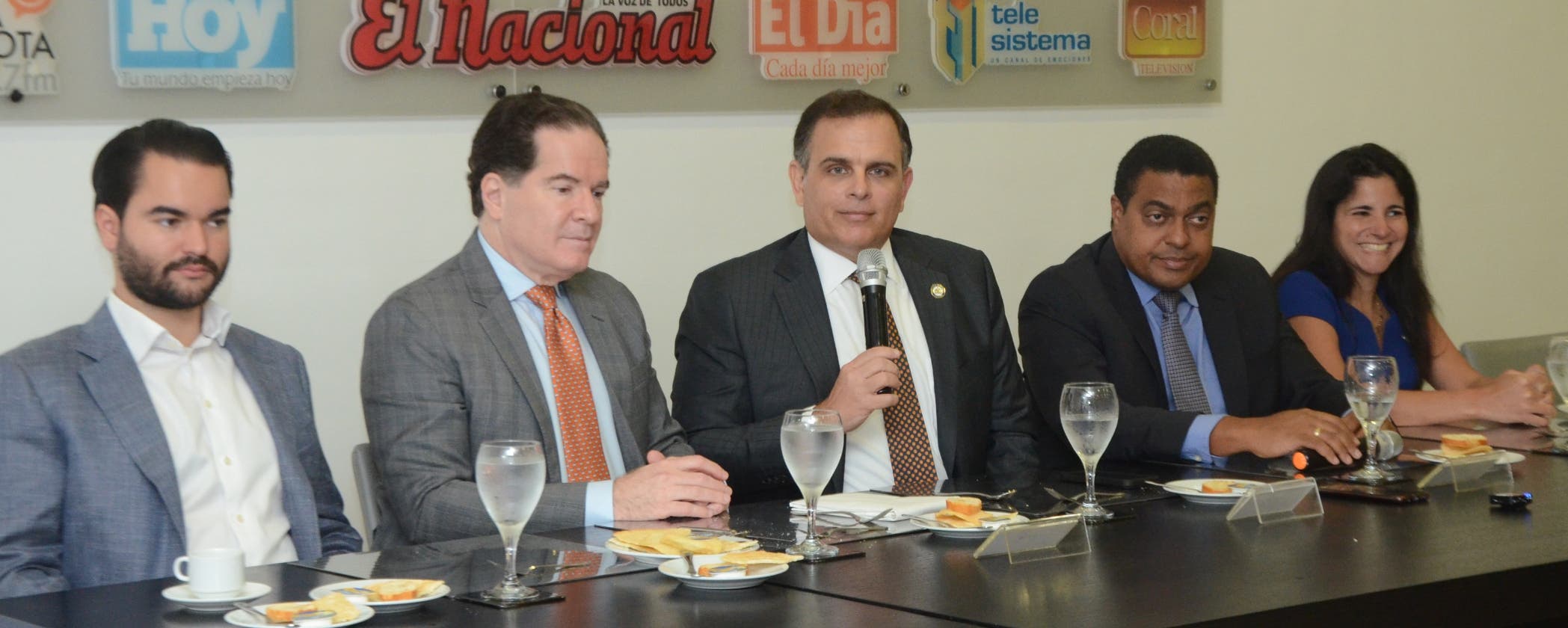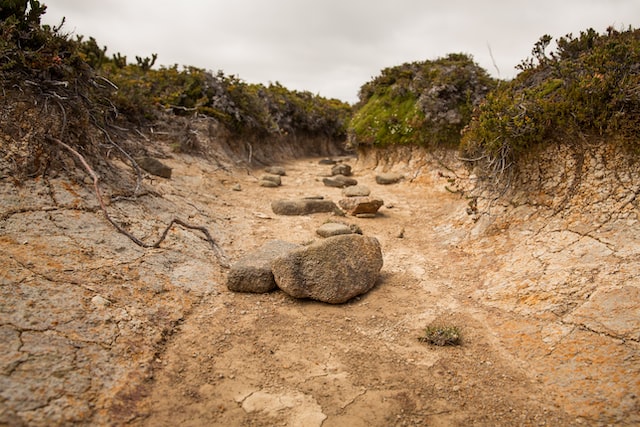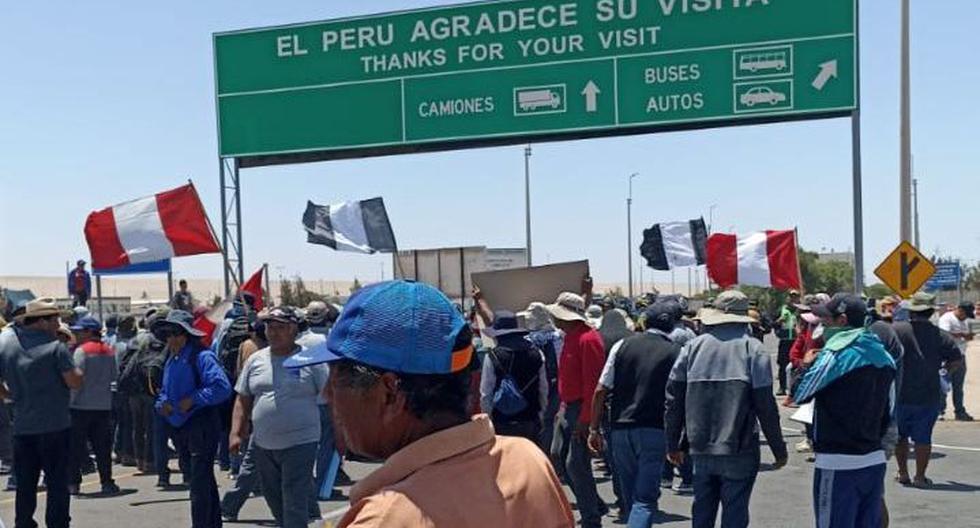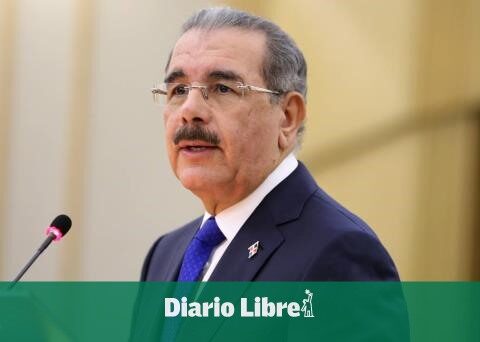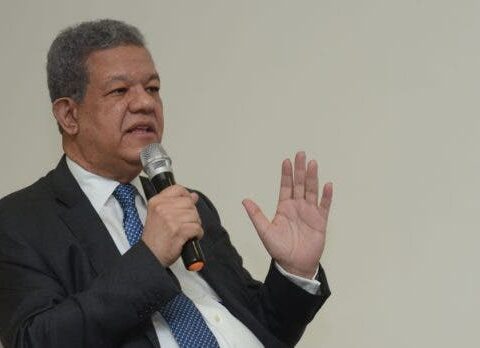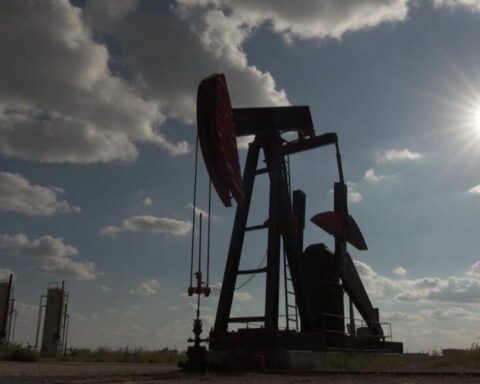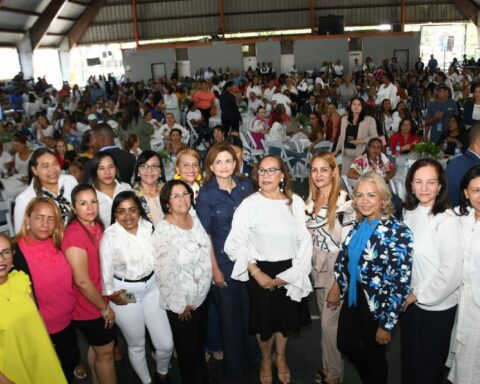SANTO DOMINGO.-56% of the debt funds contracted by the current authorities, amounting to about 13 billion pesos, have been used to attend to economic emergencies caused by external factors.
The Covid-19 health crisis cost the Government 200 billion pesos, the fall in collections in 2020 was covered with RD$100 billion and another RD$80 billion were disbursed to cover the purchase of items that deserve to be subsidized.
This was stated by the Minister of Finance, José Manuel (Jochi) Vicente when participating as a guest of the Weekly Lunch of the Corripio Communications Group. He indicated that the subsidies are generally used to cover the prices of vital products for the economy, such as electricity, fuels and fertilizers.
Economic possition
He refuted that the country is going down a bad path in economic terms by highlighting that the country has managed to improve in terms of loan rating in the international market.
jochi vincent
He explained that “there is nothing more frightening than a dollar” and that other countries in the region are currently experiencing an exodus of capital, while the exact opposite is happening in the country.
He valued as positive the loan agreements signed by the Dominican State whose funds are directed to a specific utility since in this way, the levels of transparency are improved since there is better control of spending.
That is, money that is borrowed for one purpose is never diverted to other uses, even in emergency situations. For the Minister of Finance, the country emerged unscathed from the two external and/or unplanned shocks it had to deal with: the war between Russia and Ukraine and the storm Fiona.
The rises experienced by raw materials, including oil, were attributed to the war, while the aforementioned atmospheric phenomenon, in addition to the sudden rains on November 4 in the city of Santo Domingo, caused disbursements that were not originally planned.
The invasion of Ukraine produced some 80 billion pesos were used for subsidy purposes while for the storm some twenty billion.
He indicated that these hundred billion could be used without having to incur new financing, due to the efficient spending policy implemented by the current government, which in turn, was evidenced in the annual growth of 5% and a final inflation of 7.3 % which positioned the Dominican Republic above the other countries in the region.
Vicente attributes the recovery and growth of the economy to the trust factor and the encouragement given to local and foreign investors. He asserted that it is not a magical plan, but rather that the push for this sector, added to the legal security of the country, is bearing fruit.
feet on the ground
Despite the minister’s optimism, he also recognized that we are connected to the world and that it is true that the prices of basic necessities have risen.
He assured, however, that prices are not increased by the Government and that to go back to the condition of 2019, all the variables of that year have to be repeated. He said that some 35 billion pesos are allocated to the subsidy and that as long as there is not a considerable drop in oil and that its prices stabilize, there can be no reductions in it. For this year, 20 billion will be destined to subsidize fuels.
Vicente explained that in order not to affect the tourist industry due to the increases in the avtur, it was decided to set its price based on market fluctuations. In relation to the electrical issue, the official said that it began with a reform process that is advancing at its own pace.
Punta Catalina generates US$20 million each month
Productivity. The Minister of Finance, Jochi Vicente, cited yesterday as an achievement the rise of coal-fired plants in Punta Catalina, revealing that they produce between fifteen and twenty million dollars a month.
He also praised the administration of the plants that falls under a trust, being the same as the State but operating as if it were a private company. He ruled out the intention to sell them as had been rumored in the past.
In relation to informality, he said that the best way to combat it is by bringing in more foreign investment and creating more and better jobs. He assured that the Government is at the same time in a position to help entrepreneurs.

